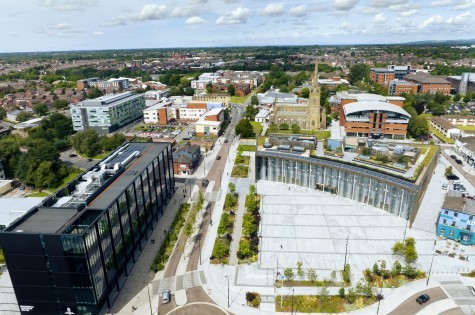The proposed Illegal Migration Bill aims to reduce the number of asylum seekers arriving in the UK, particularly those arriving by small boats across the English Channel. The Home Secretary, Suella Braverman, argues that if the Bill does not become law, up to 100 million asylum seekers could qualify for refugee status or asylum in the UK. The proposed Bill would place a duty on the Home Secretary to detain and remove those arriving by small boats and other asylum seekers who enter the UK using irregular or non-legal means, such as arriving in the backs of lorries after traveling through countries where asylum could have been claimed.
The Bill would also constrain the current legal rights of asylum seekers to appeal against removal decisions or to bring human rights claims and challenges. The proposed law would further deter people from seeking refuge in the UK by imposing a lifetime ban on those who have been removed from the country under its terms, even if they turn their lives around in a third country, meet the skills eligibility criteria for a skilled worker visa or start-up visa, and want to come to the UK to reunite with family members, work hard to build a new life, and pay taxes to contribute to the UK economy.
While the Bill aims to reduce the number of asylum seekers arriving in the UK, it has also attracted criticism for the potentially harsh treatment of vulnerable individuals seeking safety and protection. It remains to be seen whether the proposed Bill will become law, and if so, how it will be implemented and its impact on asylum seekers and the UK's immigration system.
Initial Responses
The proposed Illegal Migration Bill has sparked a strong reaction from immigration solicitors and charities working with refugees and asylum seekers. The Bill aims to reduce the number of asylum claimants arriving in the UK, with a particular focus on those who arrive in small boats across the English Channel. The Bill places a duty on the Home Secretary to detain and remove those arriving in small boats and other asylum seekers who enter the UK using irregular or non-legal means. The Bill also constrains the legal rights of asylum seekers to appeal against removal decisions or to bring human rights claims and challenges.
Immigration solicitors have highlighted a number of issues with the proposed Bill. They argue that the provisions are open to legal challenge and unworkable as a deterrent, and that desperate people will still try to reach the UK in search of a better life. The government has said that the law will be backdated to avoid people rushing to the UK before the Bill becomes law, meaning that individuals could be detained and removed even if they arrive in the UK before the Bill becomes law.
Some commentators have also raised concerns about the practicalities of implementing the Bill. Exceptions to removal will be made for children under 18 or the seriously ill who are medically unfit to fly, or those at real risk of serious and irreversible harm. However, it is unclear how age testing of child claimants will work, or how claimants will be able to show that they are at real risk of serious and irreversible harm in the country they are being moved to.
The Bill has also been criticized for being xenophobic and racist, although the UK government strongly refutes these claims. Critics argue that there is little difference between being a refugee in Syria or a war-torn African country and being a Ukrainian citizen able to flee Ukraine to find safety in the UK.
Prime Minister Rishi Sunak has made it clear that the Bill is a top priority for his government, stating that he is determined to deliver on his promise to stop the boats. However, the Bill is likely to face legal challenges from charities, immigration solicitors, and human rights lawyers.
In the meantime, individuals who need asylum, human rights, or immigration law advice are advised to seek assistance as soon as possible.



















